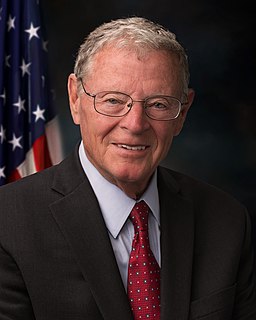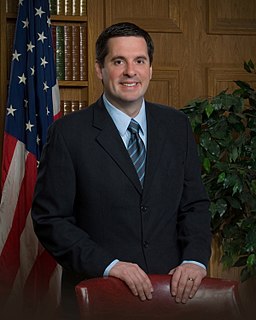A Quote by Trita Parsi
Iran has, by virtue of its growth and by virtue of the United States' mistakes in Iraq, tilted the balance of power in the Middle East. That is the case, but that doesn't necessarily mean it is a threat.
Related Quotes
It was not the United States who invaded Kuwait; it was Iraq. It was not the United States that went to war with Iran; it was Iraq. It was not the United States that fired chemical weapons at Iran; it was Iraq. And it was not the United States that murdered innocent Iraqi citizens with chemical weapons; it was Iraq.
I do believe that the very tense relationship between the United States and Iran presents a challenge to the United States. But to discuss Iran as that type of a threat I find somewhat unconvincing, mindful of the fact that Iran actually doesn't have those military capabilities that would be needed to refer to it as that type of threat.
I think that the big issue people haven't talked about for the Iranians - and, obviously, for the Americans - is Iraq. Iran can be a tremendous help to the United States in Iraq. I don't think the Iranians have a particular preference for John McCain or Barack Obam - for them, it's the candidate who is willing to recognize that they are an important country that can have a serious effect on Middle East peace.
China is the center of the Asian energy security grid, which includes the Central Asian states and Russia. India is also hovering around the edge, South Korea is involved, and Iran is an associate member of some kind. If the Middle East oil resources around the Gulf, which are the main ones in the world, if they link up to the Asian grid, the United States is really a second-rate power. A lot is at stake in not withdrawing from Iraq.
Sadly, a U.S. invasion of Iraq 'would threaten the whole stability of the Middle East' - or so Amr Moussa, secretary-general of the Arab League, told the BBC on Tuesday. Amr's talking points are so Sept. 10: It's supposed to destabilize the Middle East. The stability of the Middle East is unique in the non-democratic world and it's the lack of change in Iraq, Iran, Saudi Arabia, Syria, Egypt that's turned them into a fetid swamp of terrorist bottom-feeders.
I believe that the Iraqis have an opportunity now, without Saddam Hussein there, to build the first multiconfessional Arab democracy in the Middle East. And that will make for a different kind of Middle East. And these things take time. History has a long arc, not a short one. And there are going to be ups and downs, and it is going to take patience by the United States and by Iraq's neighbors to help the Iraqis to do that. But if they succeed, it'll transform the Middle East, and that's worth doing.
If you want peace and well-being to be in place in the Middle East and you want terrorism to be uprooted, then there's no path other than the presence of the Islamic Republic of Iran, you saw that in Iraq, Syria, Lebanon and Yemen that the power that was able to help the people of Iraq, Syria, Lebanon and Yemen in the face of terrorist groups was the Islamic Republic of Iran.
The U.S. ultimately decides what the national security threat is. They put Russia one, Iran two, China three - the terrorists are down the list. But it's amazing to me that we can still consider Russia a threat. On the contrary, they've been very helpful in the Middle East, trying to calm the situation and respect the rights of sovereign countries to exist. It's the U.S. that hasn't - whether in Serbia, the old Yugoslavia, in Africa, and now, Iraq.
Moves toward sovereignty in Iraq stimulate pressures first for human rights among the bitterly repressed Shi'ite population but also toward some degree of autonomy. You can imagine a kind of a loose Shi'ite alliance in Iraq, Saudi Arabia, and Iran, controlling most of the world's oil and independent of the United States. And much worse, although Europe can be intimidated by the United States, China can't. It's one of the reasons, the main reasons, why China is considered a threat. We're back to the Mafia principle.
































